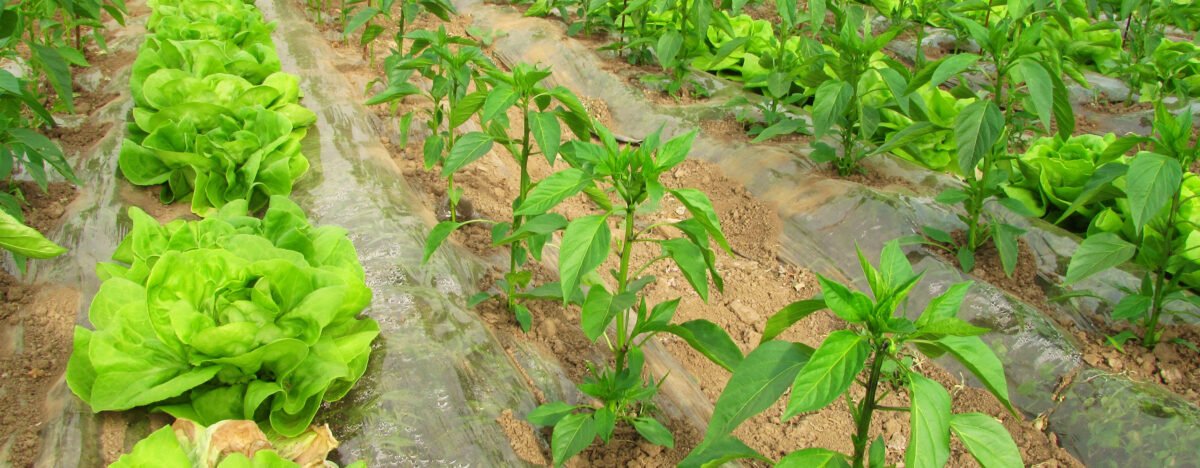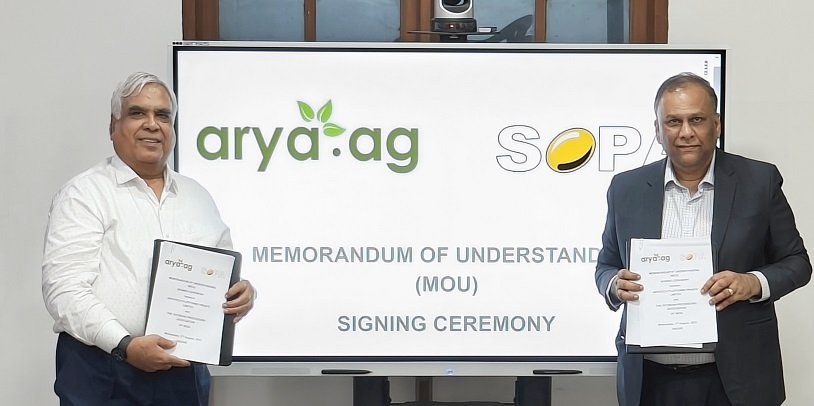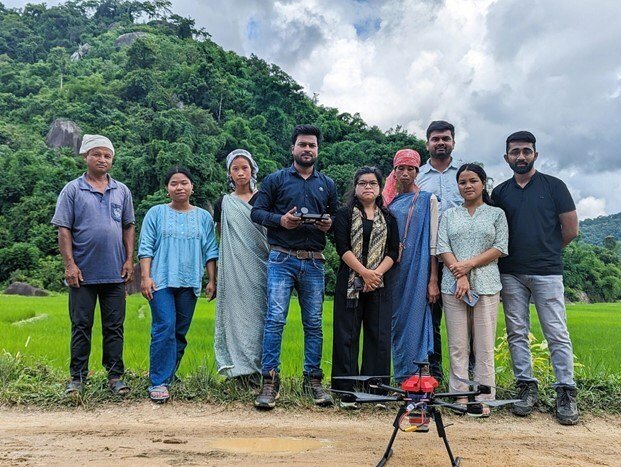Pledge includes the company’s initiatives supporting smallholder farmers, youth, and advancements in climate-smart technologies and digital tools for farmers in Asia, Africa and Latin America.
FMC Corporation, a leading global agricultural sciences company has announced a $30.5 million commitment to the Zero Hunger Private Sector Pledge. The Pledge, which emerged from the UN Food Systems Summit Action Track 1, is a call for companies to align their business initiatives and investments with a global movement to end hunger by 2030. FMC’s commitment includes the company’s ongoing efforts to improve the productivity and incomes of smallholder farmers, provide training and development opportunities for rural women and youth, and advance digital and precision technologies for farmers across Asia, Africa and Latin America.
“We are increasingly concerned by the growing number of people around the world facing acute food insecurity and believe companies like FMC have an obligation to use our resources and expertise to develop real solutions to the hunger crisis,” says Julie DiNatale, vice president and chief sustainability officer. “FMC’s commitment to the Zero Hunger Private Sector Pledge further aligns our investments with continuous efforts to support farmers, secure the future of food and achieve the goal of Zero Hunger by 2030.”
Key Elements of FMC’s Pledge
A substantial part of FMC’s commitment is in precision agriculture technology to help farmers adapt to increasingly unpredictable growing conditions, including changes in weather patterns that bring new and evolving pest pressures. Through its pledge, FMC will invest in launching its Arc™ farm intelligence platform on farms across Cameroon, Burkina Faso, South Africa, India, Pakistan, Indonesia, Philippines, Colombia and Mexico through 2030. Arc™ farm intelligence provides farmers real-time data and insights about the scope and scale of pest pressure on their crops, allowing them to proactively treat pest outbreaks before they lead to widespread crop damage. The platform and all necessary field monitoring equipment are provided at no cost to the farmer, which is part of FMC’s commitment to ensuring smallholder and historically underserved farmers have access to advanced solutions that improve their productivity and resilience.
Smallholder farmers are at the center of FMC’s commitment to the Pledge. They are a vital part of the food production system globally and an increasingly important farmer segment in Asia Pacific, contributing to economic stability and food security within the region. FMC will invest part of its overall commitment in the company’s Sustainable, Transformational Initiative toward Development (STRIDE) program, a unique initiative launched in India, Pakistan and the Philippines to increase smallholder farmer access to innovative crop protection technologies and extension services to improve their yields, grow their incomes and enhance their quality of life. The program, which centers on technology, knowledge-building and community engagement, will directly impact more than 175,000 smallholder farmers across the region within a three-year period.
FMC’s remaining commitment includes investments in additional partnerships and programs, including a development initiative in Kenya that will train young people to provide extension services to smallholder farmers in the region. Partnering with G.B. Pant University of Agriculture and Technology, FMC is training rural women in India in beekeeping as a sustainable source of income. And in Brazil, FMC’s partnership with Traive, a fintech startup company, is helping small- to medium-sized farmers access credit to purchase vital crop inputs.
Pledge includes the company's initiatives supporting smallholder














